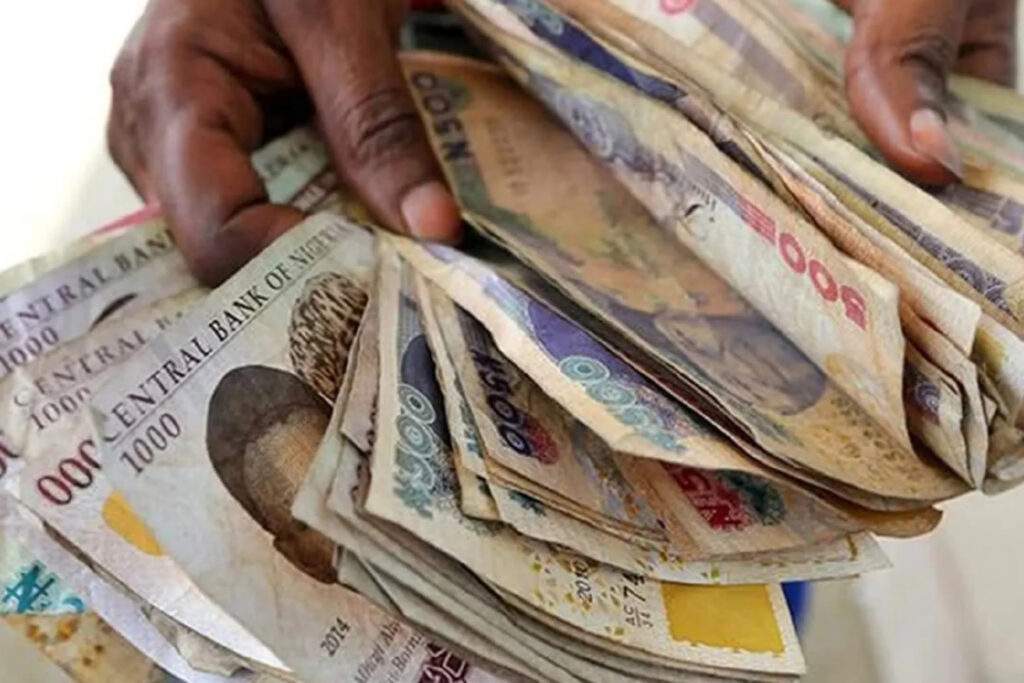As the festive season unfolds, bringing with it the promise of joy and celebration, Nigerians find themselves grappling with a familiar adversary – the scarcity of Naira notes. Despite reassurances from the Central Bank of Nigeria (CBN) regarding the availability of currency notes, the nation is once again besieged by a shortage of Naira, evoking memories of the challenges faced in the past.
The repercussions of this resurgence in Naira scarcity are acutely felt, as Automated Teller Machines (ATMs) in various parts of the country are either unable to dispense cash or are ensnared in long queues. Deposit Money Banks (DMBs) have responded by imposing maximum withdrawal limits ranging from N20,000 to N50,000, while transactions fees through Point-of-Sale (PoS) operators have doubled due to the prevailing scarcity. These on-the-ground developments contradict the CBN’s assertion that there is no shortage of Naira, with the apex bank attributing the scarcity to panic withdrawals by DMBs.
Dr. Uju Ogunbunka, President of the Bank Customers’ Association of Nigeria, vehemently challenges the CBN’s stance, asserting that the scarcity of cash is palpable and calling for increased currency production to facilitate seamless transactions. The sentiments of industry professionals further corroborate the impact of this scarcity, with Elegede Segun, the secretary-elect of the Mobile Money and Agent banking industry in Nigeria, highlighting the challenges faced by PoS operators due to the shortage.
Amidst these unfolding circumstances, the commentary of renowned economist Prof Segun Ajibola offers a critical perspective, underscoring the unprecedented nature of the currency shortages and urging swift intervention from the regulator to address the root causes. Similarly, Mr. Idakolo Gbolade, CEO of SD & D Capital Management, points to communication gaps between the CBN, DMBs, and the public as a contributing factor to the scarcity, emphasizing the need for transparent communication to allay fears and prevent hoarding.
This ordeal echoes the cash crunch experienced during the Naira redesign policy implemented from December 2022 to February 2023, underscoring the enduring challenges faced by Nigerians in navigating currency shortages. As Nigerians navigate this tumultuous terrain, the imperative for effective solutions and transparent communication takes precedence, ensuring that the nation’s economy remains robust and resilient in the face of adversity.
